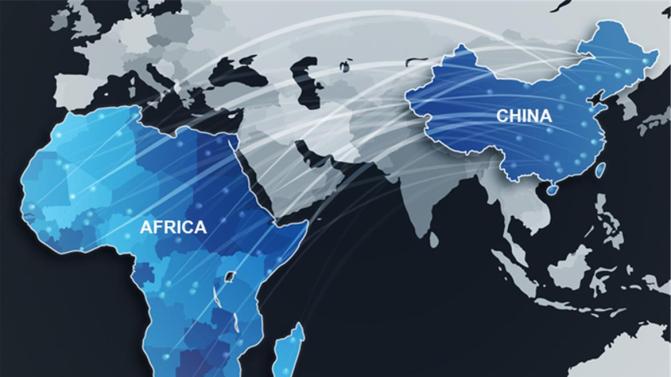
Diplomacy by heads of state is the highest form of international exchange, and it comes with strategic value that exchanges in other forms cannot replace.[1] The Chinese government will conduct its international affairs in ways that align with traditional Chinese cultural values, rather than adopt models and principles from the West. During the 13th National People’s Congress in March, “Xi Jinping Thought on Socialism with Chinese Characteristics for a New Era” was incorporated into China’s constitution.[2]
The role of Chinese Philosophy in President Xi’s Foreign Policy: According to some panelists, Xi Jinping’s foreign policy agendas, such as the Chinese Dream and the community of shared destiny, are influenced by classical Chinese philosophies that consider protecting people’s wellbeing as the principle interest of the state. One scholar explained that China has always viewed the paternalistic family relationship as a micro-model for state governance. Another panelist suggested that the community of shared destiny reflects Laozi’s pacifist ideas, which consider all people in tianxia (天下), or under the heavens, and equal regardless of their backgrounds. (Ibid).
China’s cooperation with Africa is featured by distinctive Chinese characteristics: First, China will never interfere in the domestic affairs of African countries. Since those have the best understanding of Africa should be African countries, the nations outside Africa should respect the development paths and ways of governance chosen independently by African nations.[3] China always makes sure its cooperation with Africa caters to Africa’s actual needs. In those days Africa needed independence and liberation most, China did not hesitate to stand together with African friends. African nations now hope to achieve industrialization and improve their capability for self-driven development, for which China completely supports. China will be a most desirable and reliable long-term cooperative partner for Africa to achieve industrialization and hopes to make new contributions in this regard.
China will adhere to the correct viewpoint of righteousness and benefit. China-Africa cooperation, as a kind of South-South Cooperation, pursues mutual benefit and win-win results, China will try its best to take into consideration the difficulties confronted by the African side. China will neither seek colonialism in Africa as Western countries did, nor pursue cooperation at the cost of Africa’s ecological environment. China will focus more on making the China-Africa cooperation bring benefits to local people and increase employment in African nations.[4]
Friendly relations between Africa and China can be attributed to a historic link. In those days when Africa fought against the colonist, China offered Africa with firm support. The African people know who their true friends are. Africa appreciates the principles of mutual benefit, win-win result and equal treatment upheld by China. China has never colonized Africa, so they don’t accept groundless accusations against Africa-China cooperation. As Uganda is committed to achieving its long-term plan “Uganda Vision 2040” and China is striving for realizing national rejuvenation, both nations are cooperative partners shoulder to shoulder.
References:
[1] China Daily, “Xi’s diplomacy wins friends, FM says,” 09 Mar 2018. Available at: http://en.people.cn/n3/2018/0309/c90000-9434848.html Accessed on [05 Sep 2018]
[2] Zhang Lihua, “What Does “Great Power Diplomacy with Chinese Characteristics” Mean?” 20 Apr 2018. Available at: https://carnegietsinghua.org/2018/04/20/what-does-great-power-diplomacy-with-chinese-characteristics-mean-event-6866 Accessed on [05 Sep 2018]
[3] China Embassy in Sweden, “Wang Yi Talks about China’s African Policy with Chinese Characteristics” 31 Jul 2018. Available at: http://www.chinaembassy.se/eng//wjdt/t1286486.htm Accessed on [05 Sep 2018]
[4] Ministry of Foreign Affairs of China, “Speech by Foreign Minister Wang Yi at the Opening of Symposium on International Developments and China’s Diplomacy in 2017” 10 Dec 2018. Available at: https://www.fmprc.gov.cn/mfa_eng/wjbxw/t1518130.shtml Accessed on [05 Sep 2018]